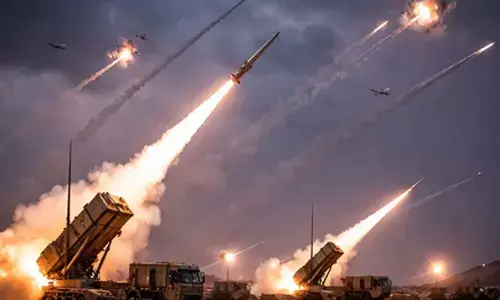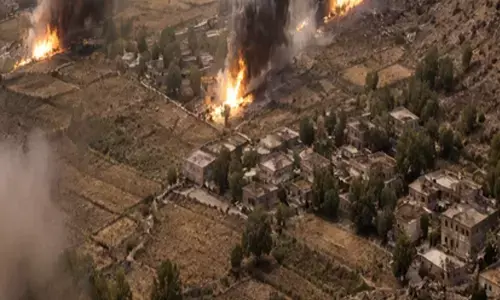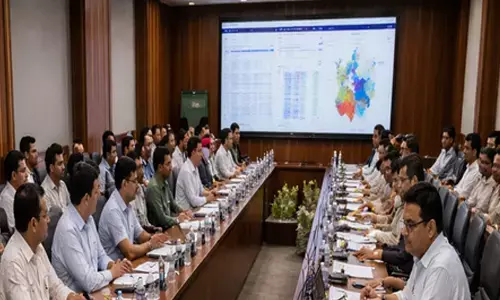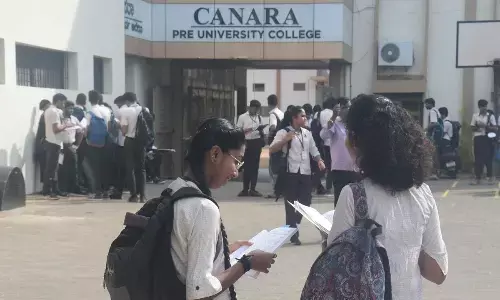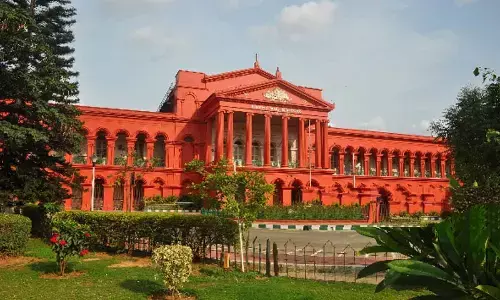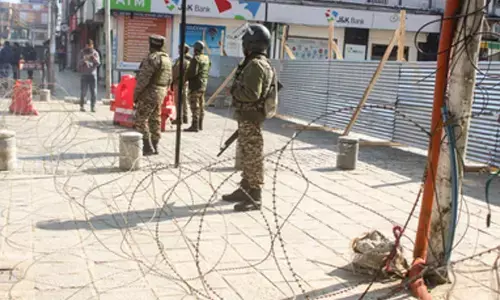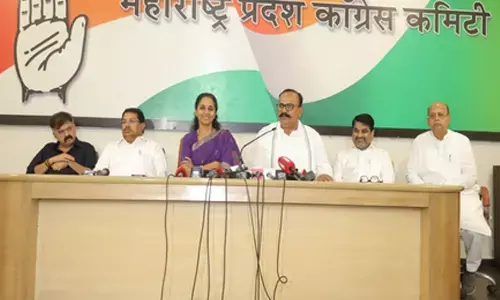Time ripe for national security reforms

A ‘security dilemma’ in international relations represents a situation in which accretion of power -- military and economic -- by a state generates fear amongst its rivals, leading to tensions, a possible arms race and the possibility of conflict.
A ‘security dilemma’ in international relations represents a situation in which accretion of power -- military and economic -- by a state generates fear amongst its rivals, leading to tensions, a possible arms race and the possibility of conflict.
The Economist weekly, in a 2013 article titled "Can India Become a Great Power", seemed to put its finger on the reason: "India has the world's 4th largest military," it said, "and yet its political class shows little sign of knowing or caring how the country's military clout should be deployed."
Warning India against "an unstable but dangerous Pakistan and a swaggering and intimidating China", it observed: "The absence of a strategic culture and the distrust between civilian-run ministries and the armed forces has undermined military effectiveness."
Such remarks are generally dismissed in New Delhi, as rooted in Western biases against India. In this case, however, the British journal was only reiterating what Indian commentators had been saying for decades.
India's deteriorating neighbourhood situation requires us to reflect on "cause and effect" relationships. How, for example, has a smaller and weaker Pakistan sustained a war on India for three decades by infiltrating armed fighters across our border to wreak death and destruction with impunity? How does Pakistan keep the pot boiling in the Kashmir Valley, almost at will, without fear of repercussions?
In the case of China, despite our diplomats rejoicing over a series of bilateral agreements, protocols and confidence-building measures signed between 1993 and 2013, what emboldens China's People's Liberation Army to offer provocation and offence, at will, through repeated violations of the Line of Actual Control? In the current Doklam stand-off, what makes Chinese officials as well as the media indulge in boorish invective in an attempt to intimidate India?
In international relations, as in the jungle, even the perception of weakness can provoke base and predatory instincts of unscrupulous rivals. Has India, notwithstanding its nuclear arsenal, military muscle and economic and demographic strengths, conveyed an impression to its adversaries of a weak, diffident and irresolute nation? And has it, thereby, tempted them into bellicose adventurism and brinksmanship? If so, this is the fall-out of sustained political indifference that has eroded the credibility of our national security posture. Of numerous areas of neglect, I cite just three.
One, the top-ranking officer in India's higher defence organisation is the Chairman, Chiefs of Staff Committee, who is also a key functionary in the nuclear command chain. Currently, this is a part-time post, tenanted by one of the three Service Chiefs in rotation, with short, random tenures.
Experience has proved this to be an absurd and ineffective model, which impacts on the credibility of our deterrent posture. Successive governments have clung to this system, ignoring repeated recommendations that either this post be made permanent or be replaced by a Chief of Defence Staff.
Two, the US manages its forces worldwide through six joint military commands, while China reorganised its forces in 2014 into five geographic commands, each with integrated army, navy and air force components. The Indian military, however, remains in a World War II time-warp, and is organised into 19 unwieldy commands, of which only two are joint and 17 single service, with no two HQs in the same location.
Again, India's failure to implement reforms and integrate the three services means that our soldiers will be denied the synergy and combat effectiveness that jointness has brought to every modern military. A recent report of the Comptroller and Auditor General pinpointing material shortages of imported hardware and ordnance highlights the multiple challenges that our military faces.
The last issue that detracts from the credibility of India's security edifice is the civil-military dissonance and bureaucratic functioning of South Block that has stalled military modernisation.
Each of these shortcomings is a self-goal by the Indian state. Both the Kashmir and Doklam crises are putting India's defence-preparedness and resolve to severe test, especially in the absence of a full-time RM. It is time we stopped tempting fate and, late though it is, initiated national security reforms with urgency. (The writer, Admiral Arun Prakash, is a former Indian Navy chief)
By ARUN PRAKASH



